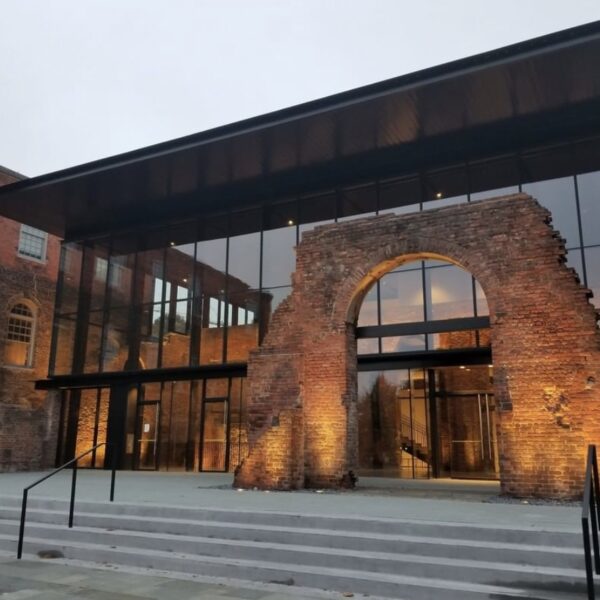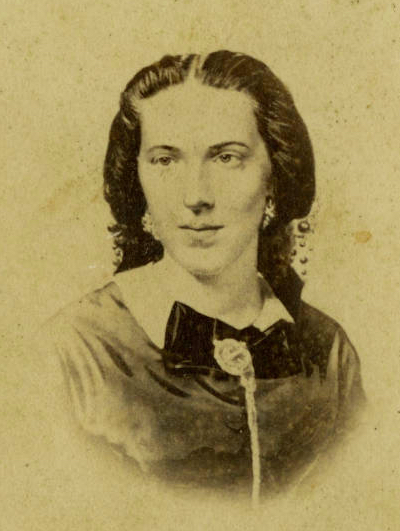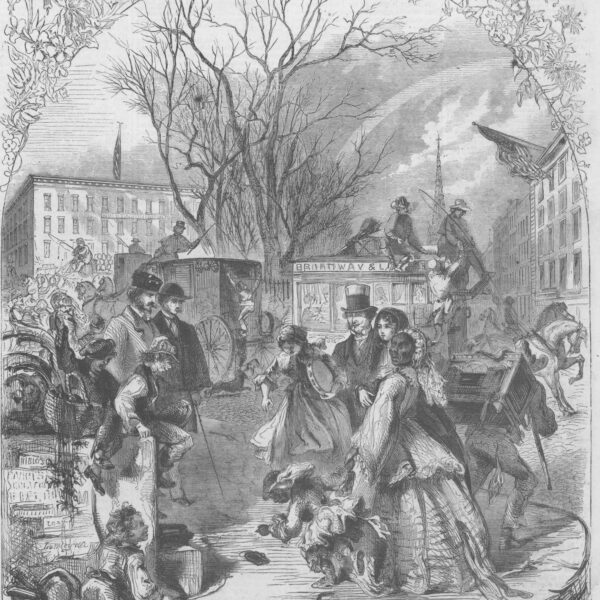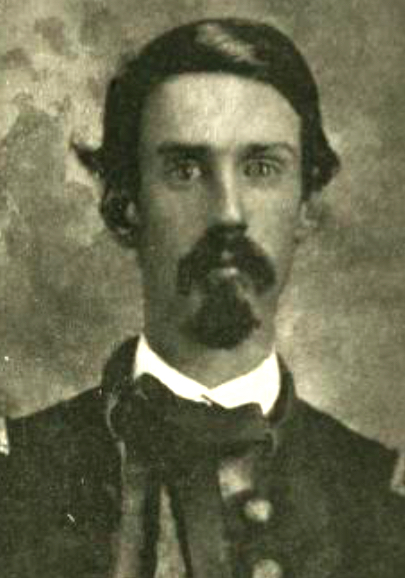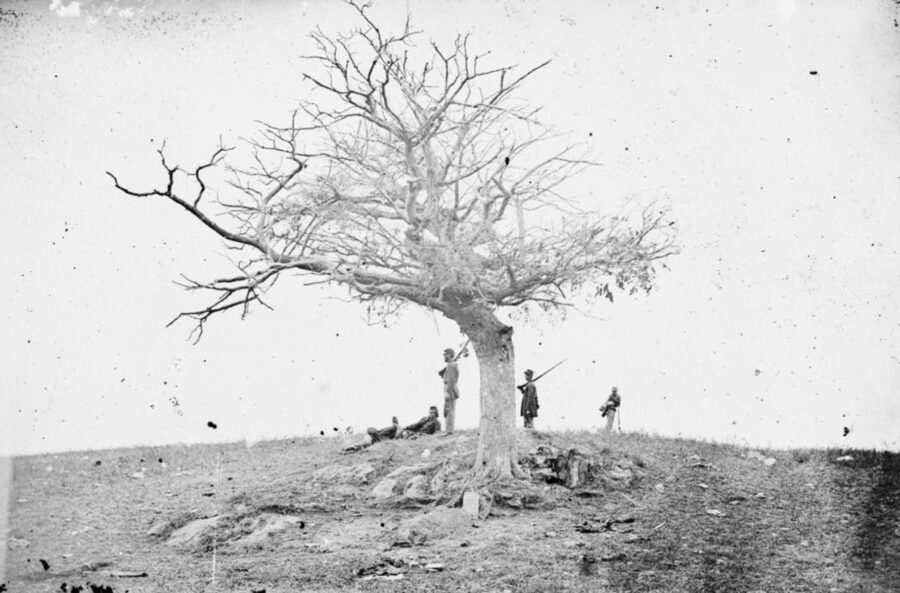 Library of Congress
Library of CongressUnion soldiers stand near the grave of a recently buried comrades on the Antietam battlefield.
In the Voices section of our Winter 2023 issue we highlighted quotes by Union and Confederate soldiers about the loss of a comrade. Unfortunately, we didn’t have room to include all that we found. Below are those that just missed the cut.
“Why am I spared when so many promising ones have fallen God only knows.”
—Henry M. Crydenwise, 90th New York, reflecting on the recent death by disease of his closest friend in the regiment, in a letter to his parents, August 1862
“The captain of my boat was shot and killed, and I shall never forget the strange sensation when I drew his lifeless form into the pilot-house which he had rashly quitted. It was the first dead body I had ever handled and carried in my arms, and the sudden change from full and vigorous life made an impression that no later experience surpassed.”
—Union officer Thomas Wentworth Higginson, on a death during his regiment’s campaign in South Carolina, in his memoirs
“Who can describe the feeling of a soldier on going into battle. I do not fear for myself but dread seeing others shot down … for whom I have a feeling of a brother and we know some of us must die the death of a soldier.”
—William B. Miller, 75th Indiana Infantry, in his wartime journal
“I curled myself down close to the ground & stayed some time with my Dying Brother. When I left him the last spark of life seemed to have gon…. Here was a trying time for me; To leave one I Loved with a most tender & brotherly affection Leave him on the battle field in the cold embrace of death & in an enamyes land I bid farewell to him for this world Hoping to meet him at the judgemant seat of Christ.…”
—Judson L. Austin, 19th Michigan Infantry, describing the loss of his brother in battle at Thompson’s Station, Tennessee, in a letter to his wife, March 1863
“Men are already digging trenches, and in a little while the dead are gathered together for interment. We have looked upon such scenes before; but then the faces were strange to us. Now they are the familiar faces of intimate personal friends, to whom we are indebted for many kindly acts. We hear convulsive sobs, see eyes swollen and streaming with tears, … as our fallen comrades are deposited in their narrow graves….”
—John Beatty, 3rd Ohio Infantry, on the scene as he and his comrades buried the dead from their regiment after the Battle of Perryville in October 1862, in his reminiscences of the war
“Father spare us from more sorrows. For our griefs are more than we can bear. My best men are falling around me and I am untouched. I am not better than they.”
—Captain Alexander B. Pattison, 7th Indiana Infantry, in his journal after his regiment supported the Union assault on Mule Shoe Salient at Spotsylvania, May 12, 1864
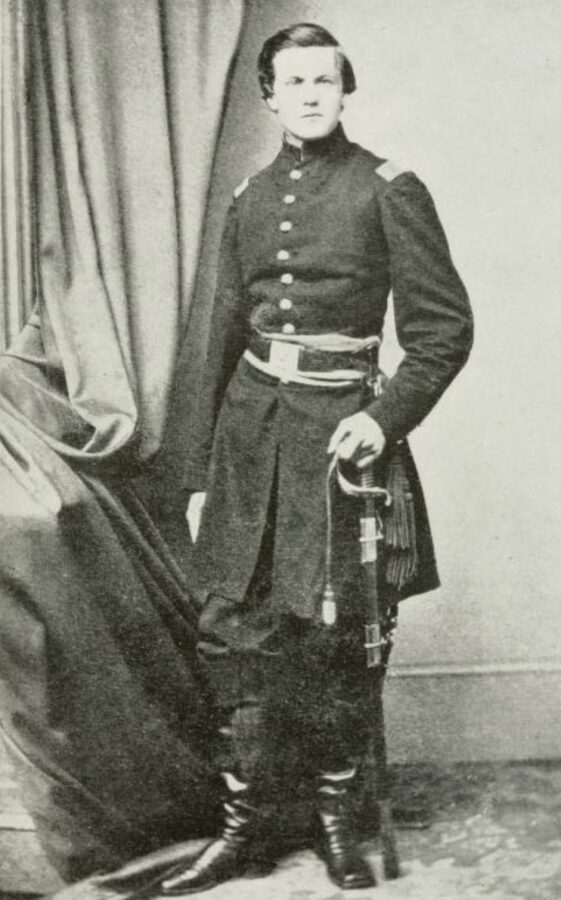 War Letters, 1861–1865
War Letters, 1861–1865Oliver W. Norton, December 1863
“The feeling that was uppermost in my mind was a desire to kill as many rebels as I could. The loss of comrades maddened me, the balls flew past me hissing in the air, they knocked my guns to splinters, but the closer they came they seemed to make me more insensible to fear.”
—Oliver Willcox Norton, 83rd Pennsylvania Infantry, describing his motivation during the Battle of Gaines’ Mill, in a letter to his siblings, July 26, 1862
“Then followed a lull in the firing and a moment after there came a mighty shout and we knew the rebels were whipped. I don’t know if we had any orders to advance, but the boys all jumped to their feet and rushed over to the firing line. It was something to see the dead and wounded. Many of the boys were crying like children, running back and forth without hats or guns and cursing the rebels for killing their comrades. The whole army seemed to be turned into a mob. I never saw such a mixup. If the rebels had known it they could have slaughtered us like sheep.”
—Chauncey H. Cooke, 25th Wisconsin Infantry, in a letter to his father during the Atlanta Campaign, July 8, 1864
“[W]e now charged these works after about 1 houres hard fight in which poor Bro George was instantly killed by a Reb bullet. [M]y feelings at this time only a few rods from the Reb work can easier be imagined than described.”
—Iowa soldier John Rath, in a letter written shortly after the Battle of Missionary Ridge, on the loss of his brother in that fight
“[W]e must deal with the living.”
—W.H. Clune, 6th Iowa Infantry, explaining his decision not to provide his wife with details of friends recently killed in battle, in a letter home, April 16, 1862
“On the 24th, we bade good-bye to these old lines of fortifications and the ground between them, where lay so many of our brave comrades who there gave up their lives to accomplish the victory we now, and should evermore, enjoy. We felt sad, as we thought of many of them lying there whom we brought with us to this place, and who could not accompany us home, but we remembered the works of Him who has said, ‘Greater love hath no man than this, that a man lay down his life for his friends.’
They had lain down their lives for us, and we felt that their sacrifice had gained them a far greater crown of rejoicing in that beautiful world beyond their humble graves. Farewell, comrades, the ties of love and fellowship that have bound us together can never be broken, and not many years shall pass away before, with you again, we, too, shall answer ‘Here’ to the final roll-call.”
—George H. Allen, 4th Rhode Island Infantry, reflecting on the army’s loss at the end of the Siege of Petersburg, in his memoir of the war
“Father spare us from more sorrows. For our griefs are more than we can bear. My best men are falling around me and I am untouched. I am not better than they.”
—Captain Alexander B. Pattison, 7th Indiana Infantry, in his journal after his regiment supported the Union assault on Mule Shoe Salient at Spotsylvania, May 12, 1864
“[W]e … deplore that he should die … in an enemys land far from home and friends.”
—Part of a resolution passed by a group of Confederate prisoners at Fort Delaware in response to the death of a fellow POW, March 1865
“And then—there he was—lying so still, my buddy, Fred. He had given all that was possible for a man to give, somehow I felt bitter in my heart against this thing called war.”
—Austin Carr, 82nd New York Infantry, on coming across the body of his childhood friend and comrade, who had been killed in battle the previous day, while on regimental burial duty, in his diary
“Here our loss was heaviest—scores of our men were swept down, some pitched headlong down the hill, some dropped with a ‘thud’ and lay motionless, others lay writhing in death agony, others ran bleeding back up the hill. Among the number was Dan Dailey … a big jolly Irishman who, in time gone by, when we were together in the old district school house, taught me to chew my first and last quid of tobacco. The memory of it still lingers…. But my time was too fully occupied to take notice of falling friends. My only duty was to take sure aim into the rebel ranks and forget the carnage….”
—George A. Hitchcock, 21st Massachusetts Infantry, on the Battle of Antietam, in his diary, September 17, 1862

